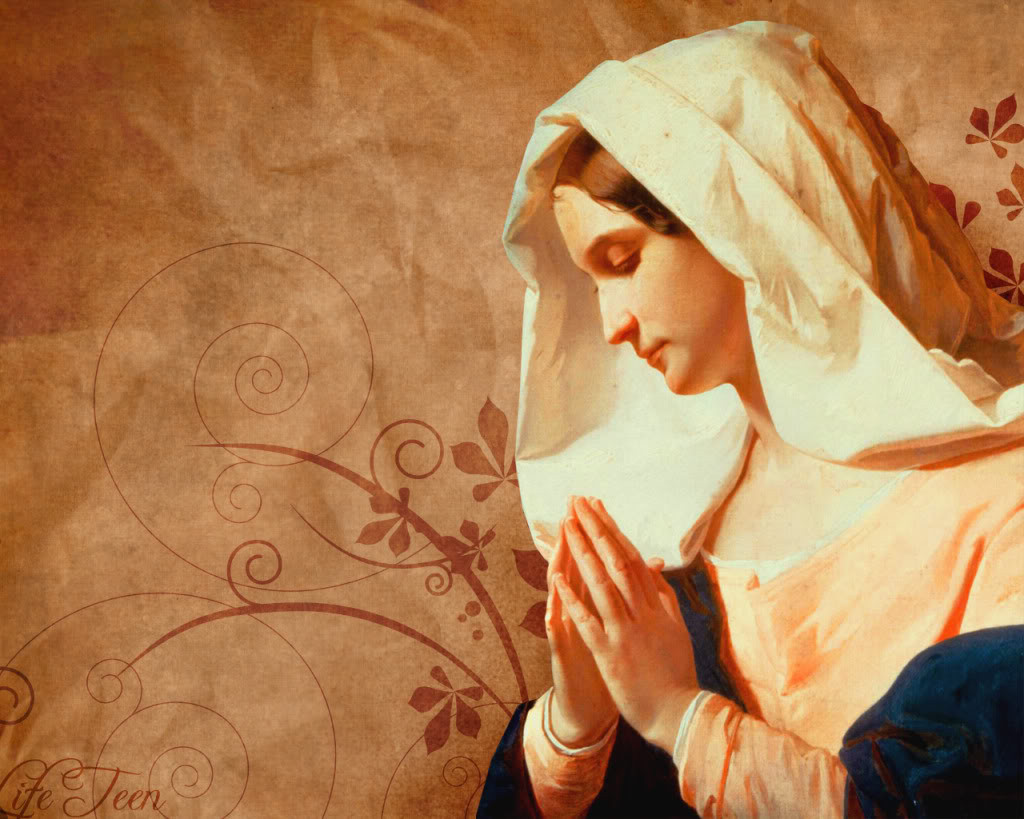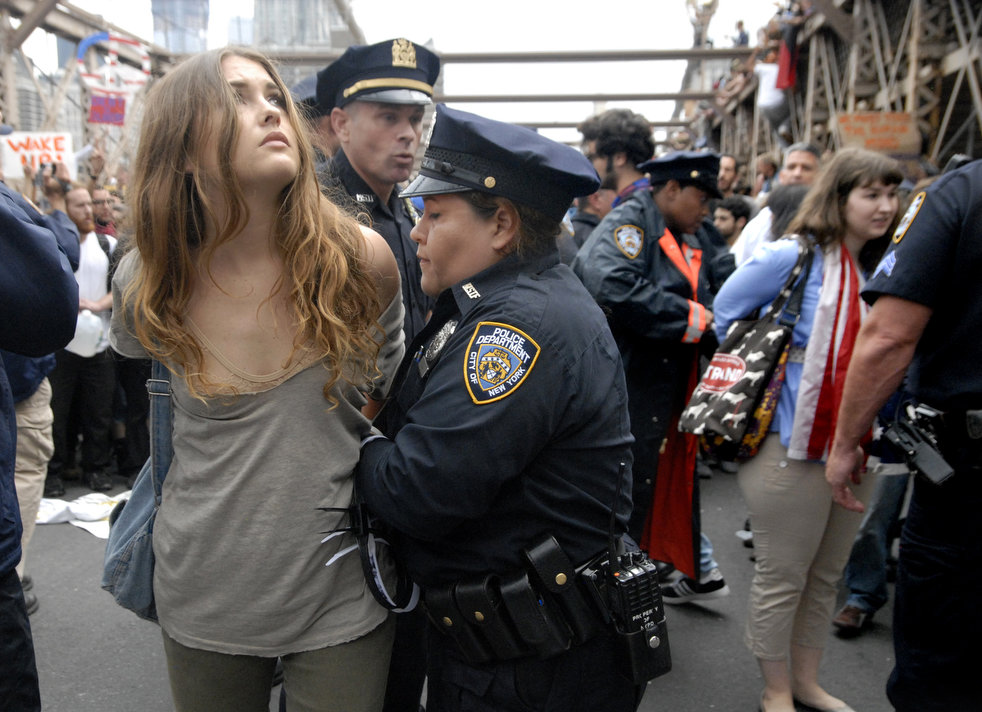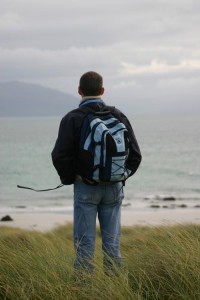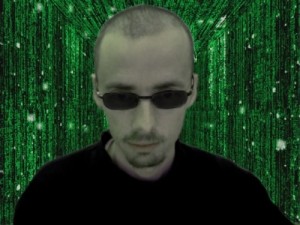In Flanders fields the poppies blow
Between the crosses, row on row,
This poem resonates with me. I lived in Flanders for several years. I walked daily through fields a few miles from the front line. Once I rode a bike from Mons, Belgium to Paris, following the line that the British Expeditionary Force took in their hectic retreat from the German onslaught during the first days of the War. And as we rode, we passed countless roadside memorials and cemeteries, a silent witness to the conflict.
That mark our place; and in the sky
The larks, still bravely singing, fly
Scarce heard amid the guns below.
Before we left Mons, we visited a museum. Outside, the wall still bore bullet pockmarks from where deserters had been executed by the retreating forces. A few young men, probably not much older than me at the time, had been shot for trying to flee the coming storm.
I know this landscape. I’ve walked across the battlefield at Verdun, the most disturbing place I have ever been, where it feels like the earth still bears the psychic scars of thousands of men dying in trenches and tunnels inches from one another in a desperate fight for a few metres of ground, where the trenches still criss-cross the fields, where the gun emplacement still lurk malevolently over the brow of the hill, and where an almost unimaginable number of bones are piled up in the ossuary.
I’ve stood at the Menin Gate and listened to “Last Post” being played, as it has been every night for nine decades.
We are the Dead. Short days ago
We lived, felt dawn, saw sunset glow,
Loved and were loved, and now we lie
In Flanders fields.
I like this poem. I often don’t ‘get’ poetry, but the simple metre and clear imagery of Flanders Fields resonates with me, and catches my attention whenever it is read.
And yet, in recent years, I’ve found it more and more disturbing. Because although its artistry is undeniable, although its call to action is hard to ignore, there is one critical element that worries me deeply.
It could have been written by a soldier on either side.
Take up our quarrel with the foe:
To you from failing hands we throw
The torch; be yours to hold it high.
German and English soldiers both lived, fought, and died in Flanders. “The dead” could refer to English, Canadian, South African, Indian, German, Austrian, Italian or Hungarian troops.
No deep Casus Belli is explored in this poem. Its message is simply this: We fought, and died, so you should fight and die too. It is a message that could apply equally well to the belligerents in any armed conflict in all of human history. It could just as well have been written in German, in Hungarian, in Turkish, calling the young men of those nations to commit themselves to ongoing warfare simply because their countrymen have died doing so.
If ye break faith with us who die
We shall not sleep, though poppies grow
In Flanders fields.
And so now I feel uneasy when I read it or hear it recited. I cannot deny its cadence, its beauty or its emotional appeal. But I worry that the core message of the most moving piece of art to come out of the First World War is simply this:
Humans have died. Therefore, more humans must die.
No deeper reason than this is given. We are fighting the enemy, therefore the enemy must be fought.We have a quarrel, therefore you must have a quarrel. We have been killed, therefore you must kill.
And that’s a message I really don’t know what to do with.



 More than once, Viking raiding parties attacked the island, and on one occasion, as the song lyrics above note, the monastic population of the island was massacred on the beach at Martyrs bay. A few years ago, I was fortunate enough to make my own pilgrimage to the island, and stand on the same beach that the martyrs died on, and that I heard sung about as a teenager.
More than once, Viking raiding parties attacked the island, and on one occasion, as the song lyrics above note, the monastic population of the island was massacred on the beach at Martyrs bay. A few years ago, I was fortunate enough to make my own pilgrimage to the island, and stand on the same beach that the martyrs died on, and that I heard sung about as a teenager. I did find a couple of silver linings in these events, though. Firstly, both of the vulnerabilities, although severe, were the result of genuine mistakes on the part of well meaning, under-resourced developers, who didn’t anticipate the consequences of some of their design decisions. And secondly, I was intensely proud of how quickly the open source community rallied to provide diagnostic tools, patches, tests, and guides. With a speed and efficiency that I’ve never seen in a large company, a bunch of unpaid volunteers provided the tools we needed to dig ourselves out of the mess.
I did find a couple of silver linings in these events, though. Firstly, both of the vulnerabilities, although severe, were the result of genuine mistakes on the part of well meaning, under-resourced developers, who didn’t anticipate the consequences of some of their design decisions. And secondly, I was intensely proud of how quickly the open source community rallied to provide diagnostic tools, patches, tests, and guides. With a speed and efficiency that I’ve never seen in a large company, a bunch of unpaid volunteers provided the tools we needed to dig ourselves out of the mess.